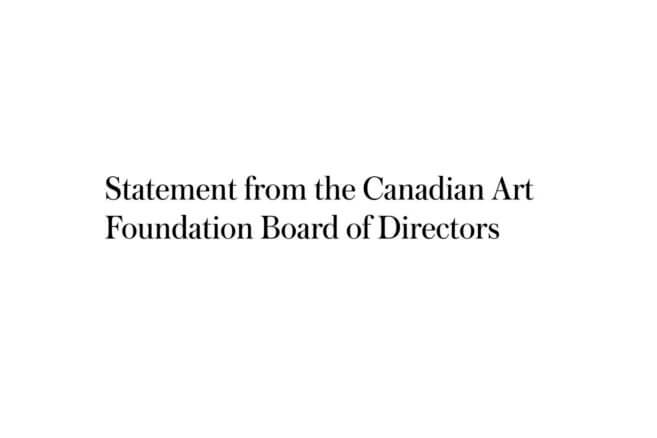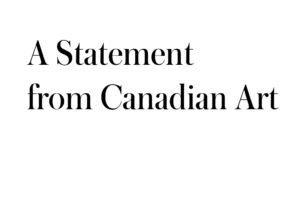It is being called the largest gift in Quebec history towards a university-based fine arts faculty.
On Thursday, Concordia University’s Faculty of Fine Arts announced that it was receiving a $5.6-million gift from the Peter N. Thomson Family Trust. The money will support graduate scholarships, cultural immersion experiences and large-scale projects by students and faculty.
“He was always much more interested in the artists than in the businesspeople in the room,” says Leslie Raenden of her late stepfather Peter N. Thomson. “More than anything, I think it was the artists who fascinated him.”
Before his death in 2011, Thomson told his family he would like to donate part of his estate to support emerging artists and students. Raenden chose Concordia University as the beneficiary.
“The fact that Concordia University is in Montreal” was part of the draw for Raenden. Her stepfather lived in the city for many years, working as president and chairman of Power Corporation of Canada from 1962 to 1968, after inheriting it in the 1950s. Later, he moved to the Bahamas, but returned to Montreal often. In his lifetime, he sat on more than 80 corporate boards, including at RBC and Caribbean Utilities.
Montreal was also a city where Thomson built much of his art collection.
“He thought the way you supported an artist was by buying their art,” recalls Raenden, “and his house was almost completely filled with art on its walls.”
Three of Thomson’s siblings also worked in the arts, Raenden notes, which also possibly drove his appreciation for those working in creative fields.
The new gift has led to the creation of the three awards and funds at Concordia University’s Faculty of Fine Arts. Each year will see seven Peter N. Thomson Family Graduate Scholarships for master’s and doctoral students, valued at $20,000 each; 30 Peter N. Thomson Family Field School Awards to support students in embarking on cultural immersion experiences around the world; and a Peter N. Thomson Family Innovation Fund for large-scale projects by students and faculty that extend outside the school itself.
Asked what she hopes comes overall of this $5.6-million donation, Raenden says she wants it to underline the value of arts education in general.
“Creativity, innovation, flexibility and resourcefulness,” she says, “are hugely useful attributes for anyone to have right now.”
She adds: “My hope is that [this gift shows] the pursuit of a fine arts degree is something seen as a proud choice, a valued choice… My hope is a gift like this would validate that choice.”

 A view of Concordia’s Engineering, Computer Science and Visual Arts Building at in Montreal. Photo: Concordia University.
A view of Concordia’s Engineering, Computer Science and Visual Arts Building at in Montreal. Photo: Concordia University.




